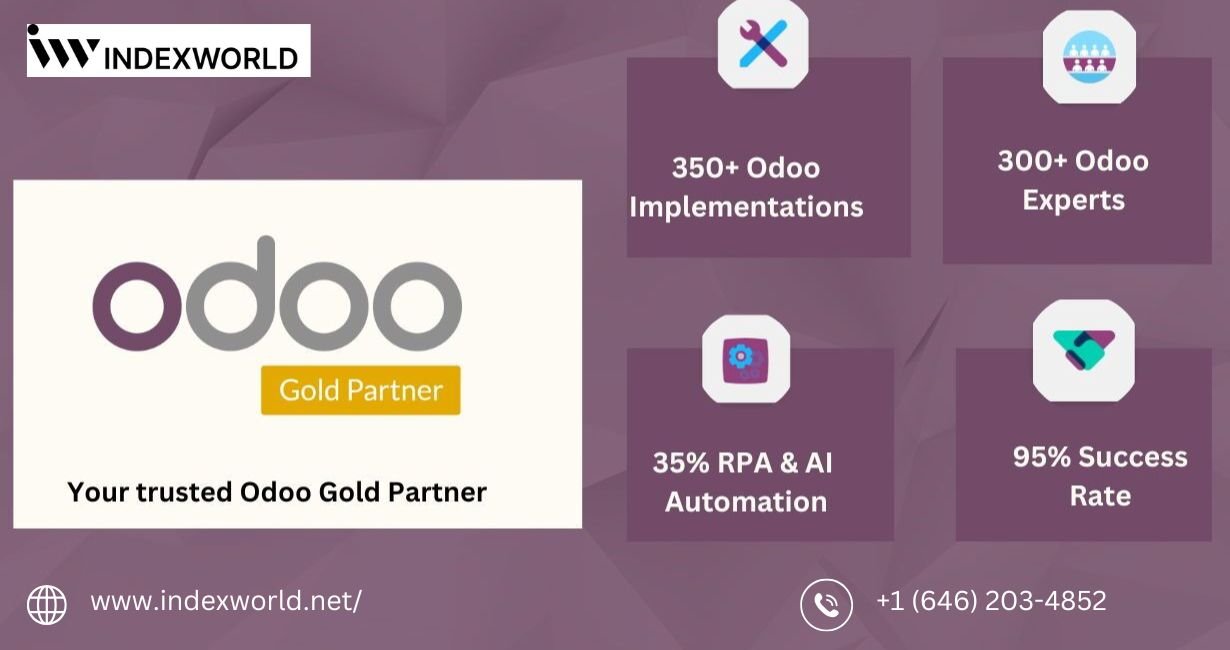Quantum computing is a cutting-edge technology that promises to revolutionize the way we process information. Unlike traditional computers, which use bits (0s and 1s) to represent data, quantum computers use quantum bits, or qubits. These qubits can exist in multiple states at once, allowing quantum computers to perform complex calculations much faster than their classical counterparts. In this article, we’ll explore what quantum computing is, how it differs from traditional computing, and its potential impact on various industries.
What is Quantum Computing?
At its core, quantum computing is based on the principles of quantum mechanics, a branch of physics that studies the behavior of matter and energy at very small scales, like atoms and subatomic particles. Traditional computers process data in a linear fashion, meaning they perform one calculation at a time. In contrast, quantum computers can process vast amounts of information simultaneously due to a property called superposition. This allows them to solve certain types of problems much more efficiently.
For example, imagine trying to find your way through a huge maze. A traditional computer would explore each path one at a time, while a quantum computer could explore multiple paths at once, dramatically speeding up the process. This capability has the potential to revolutionize fields such as cryptography, drug discovery, and complex modeling.
How Quantum Computing Differs from Traditional Computing
To understand the impact of quantum computing, it helps to know how it differs from traditional computing. While classical computers rely on bits to store and process data, quantum computers use qubits. A qubit can represent a 0, a 1, or both at the same time, thanks to superposition. Additionally, qubits can be entangled, meaning the state of one qubit can depend on the state of another, no matter how far apart they are. This leads to more efficient processing and the ability to tackle problems that are currently unsolvable with classical computers.
Speed and Efficiency
One of the most significant advantages of quantum computing is its potential speed. For certain calculations, quantum computers can perform operations millions of times faster than classical computers. This speed could enable breakthroughs in various fields, from artificial intelligence to climate modeling.
Solving Complex Problems
Quantum computing excels at solving complex problems that would take classical computers an impractical amount of time. For instance, in cryptography, quantum computers could break encryption codes that protect sensitive information, prompting a need for new security measures. In drug discovery, they could analyze molecular interactions and predict how new drugs will behave in the human body, drastically reducing the time it takes to bring new medications to market.
Potential Impact on Various Industries
1. Healthcare
In the healthcare industry, quantum computing holds great promise for drug discovery and personalized medicine. Researchers can use quantum computers to simulate molecular interactions and analyze large datasets related to genetics and patient health. This could lead to the development of more effective treatments tailored to individual patients, ultimately improving health outcomes.
2. Finance
The finance sector stands to benefit significantly from quantum computing as well. Quantum algorithms could optimize trading strategies, manage risks, and detect fraudulent activities more efficiently. For example, banks and financial institutions could analyze vast amounts of market data in real-time, leading to better investment decisions and improved financial forecasting.
3. Supply Chain and Logistics
Quantum computing can revolutionize supply chain management by optimizing logistics and inventory management. With its ability to analyze complex variables, quantum computers could help businesses determine the most efficient routes for delivery, manage stock levels, and predict demand patterns. This leads to reduced costs and improved customer satisfaction.
4. Cryptography and Cybersecurity
As mentioned earlier, quantum computing poses both risks and opportunities for cybersecurity. While it has the potential to break existing encryption methods, it also paves the way for new forms of security based on quantum principles. Quantum key distribution, for instance, allows for secure communication channels that are virtually unhackable, ensuring the safety of sensitive information.
5. Artificial Intelligence
Quantum computing can enhance artificial intelligence (AI) by improving machine learning algorithms. With its ability to process vast amounts of data quickly, quantum computing can help AI systems learn faster and make better predictions. This could lead to advancements in natural language processing, image recognition, and other AI applications.
Challenges Ahead
Despite its promise, quantum computing is still in its early stages, and several challenges remain before it can be fully realized. Building and maintaining quantum computers is complex and expensive, and there is a need for more research and development to unlock their full potential. Additionally, as quantum computers become more powerful, ethical considerations regarding their use in areas like privacy and security will need to be addressed.
Conclusion
The impact of quantum computing on technology and industry is poised to be profound. With its ability to perform calculations at unprecedented speeds and solve complex problems, quantum computing has the potential to revolutionize various sectors, from healthcare to finance and beyond. As this technology continues to evolve, it will be essential for businesses and individuals to stay informed about its developments and consider how they might adapt to the changing landscape. The future of computing is undoubtedly exciting, and quantum technology will play a crucial role in shaping it.














